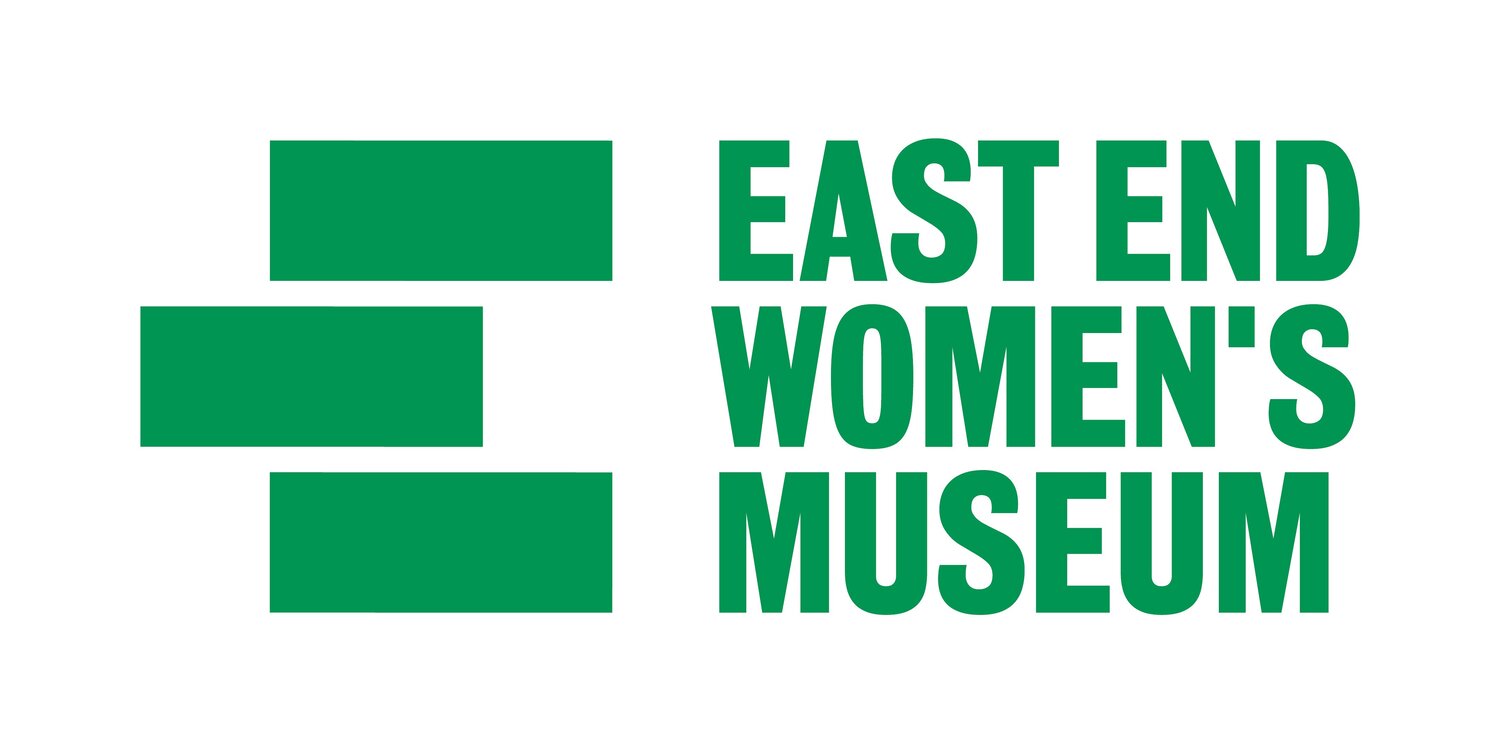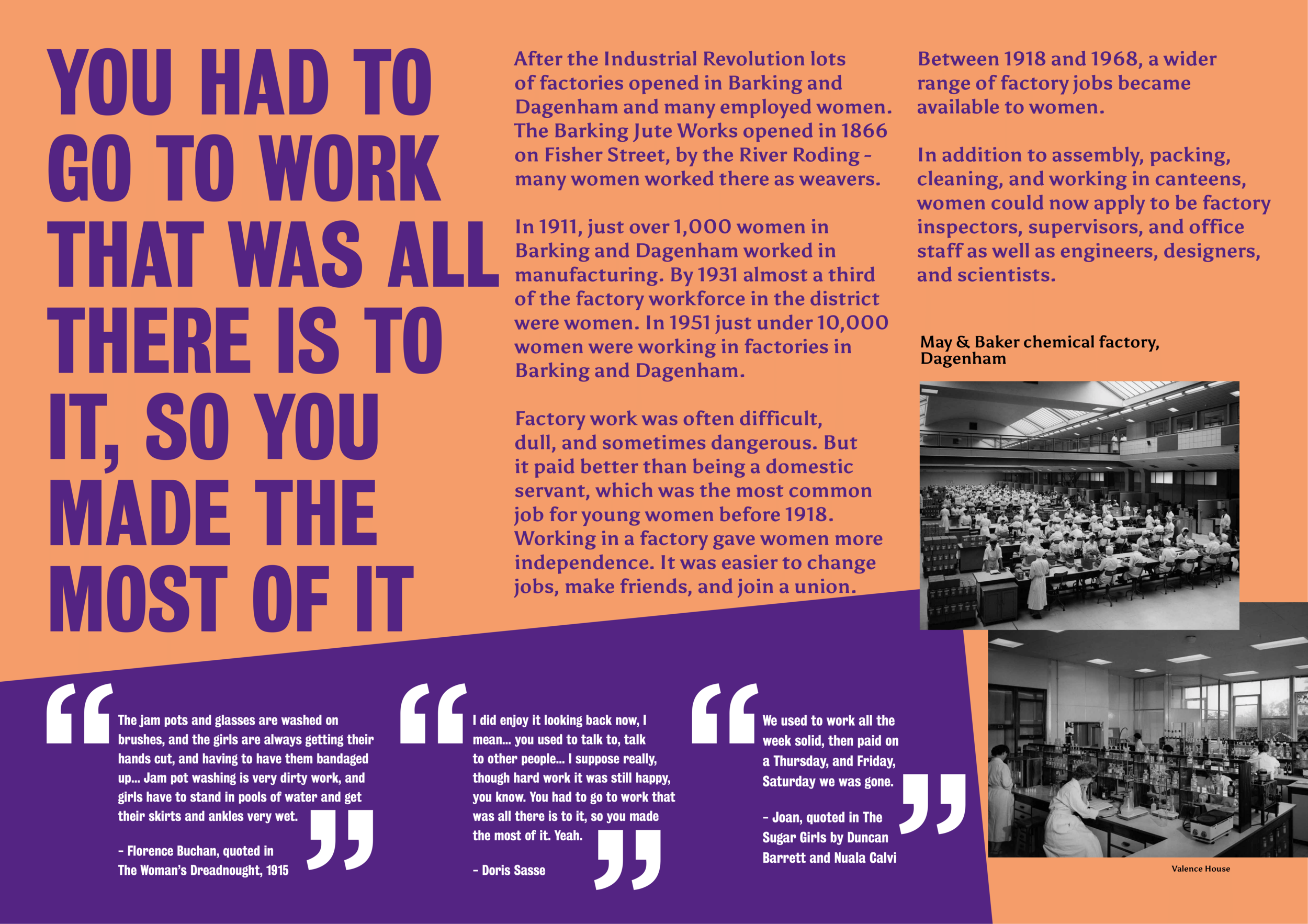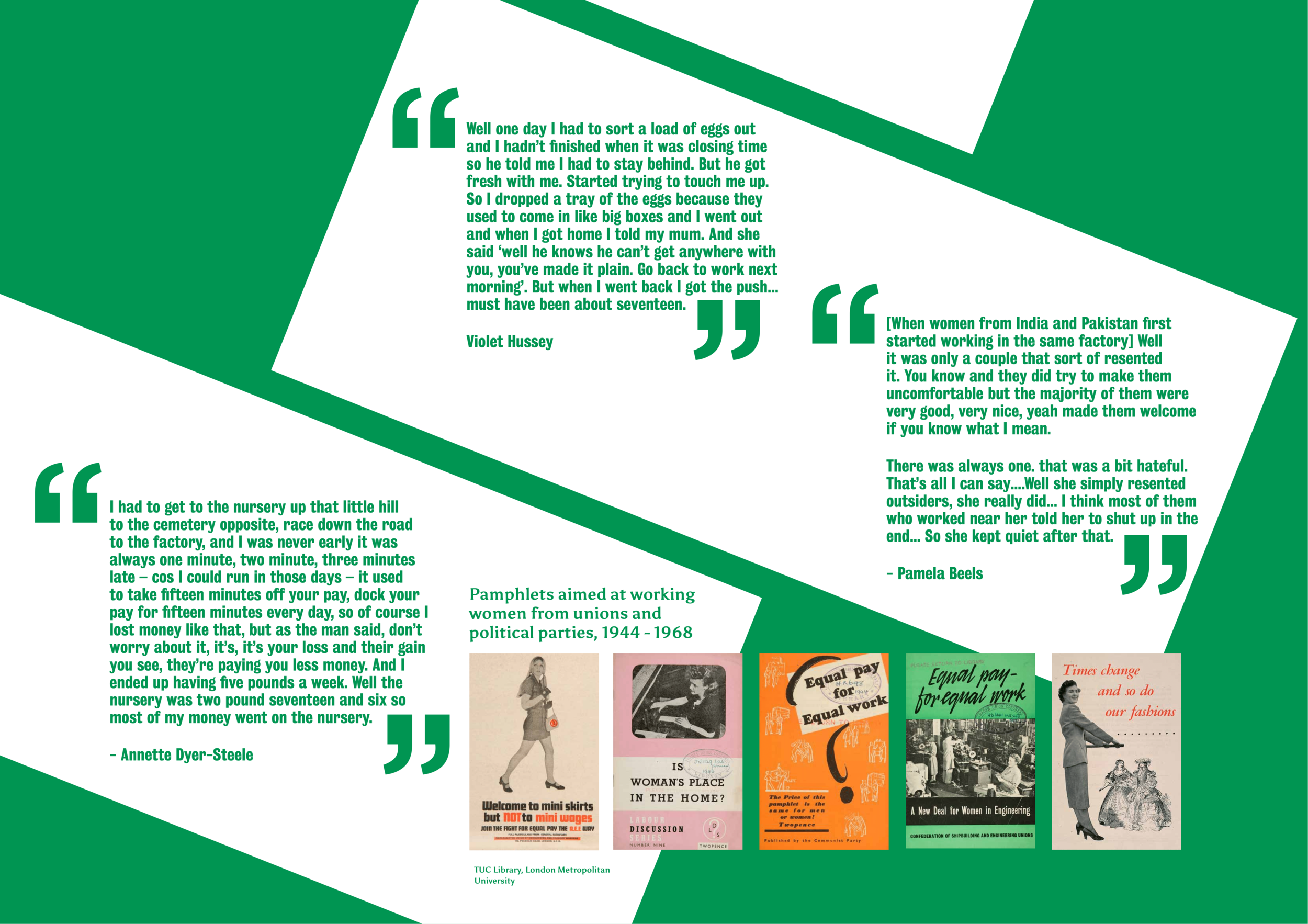2018 marked the 50th anniversary of the famous strike by women sewing machinists at the Ford motor factory in Dagenham, which inspired the Equal Pay Act 1970.
The 1968 strike was a major milestone in the fight for equal pay and has become a symbol of 20th century women’s activism, as well as a source of local pride in the borough of Barking & Dagenham, and in east London more widely.
Yet there’s an untold story of working women’s activism that can be traced back from that event over the previous five decades, to the end of the First World War and another women’s rights milestone: the Representation of the People Act. This act awarded women over 30 the right to vote.
Our project focused on women’s factory histories in Barking and Dagenham and explored the threads connecting the suffragettes to the Ford strikers.
Starting with suffragette equal pay campaigns and the wartime ‘munitionettes’ who found themselves pushed out of ‘men’s jobs’ in 1918, there is a visible pattern in this 50 year window: women factory workers were hailed as heroic in wartime, but in peacetime met intense pressure from politicians, employers, and union leaders to go ‘back to the home’. It didn’t matter if it was their home or someone else’s; in 1920 benefit sanctions were introduced for women who turned down a job in domestic service.
Although women contributed to the war effort in the 1910s and the 1940s as engineers, chemical analysts, and industrial physicists, in peacetime they were steered away from skilled, technical, and management roles towards dull, repetitive work on the assembly line, routinely faced sexual harassment and discrimination (which was even worse for women of colour), were expected to resign or were dismissed when they got married or became pregnant, and were paid half a man’s wages to boot.
Despite this, factory work offered successive generations of young working class women freedom and camaraderie, as well as opportunities to agitate for better pay and conditions.
ABOUT US
The East End Women’s Museum is a public history project aiming to record, share, and celebrate women’s stories and voices from east London’s history. The project was established in 2015 in response to the 'Jack the Ripper Museum', as a positive, sustainable protest.
Eastside Community Heritage was established in 1993 as part of the Stratford City Challenge community history project and became an independent charity in 1997. Over the years, Eastside have worked with over 900 community groups, produced over 100 exhibitions, and created the East London Peoples Archive which contains over 3500 oral histories.
Thanks to National Lottery players, the Heritage Lottery Fund invest money to help people across the UK explore, enjoy and protect the heritage they care about - from the archaeology under our feet to the historic parks and buildings we love, from precious memories and collections to rare wildlife.



















